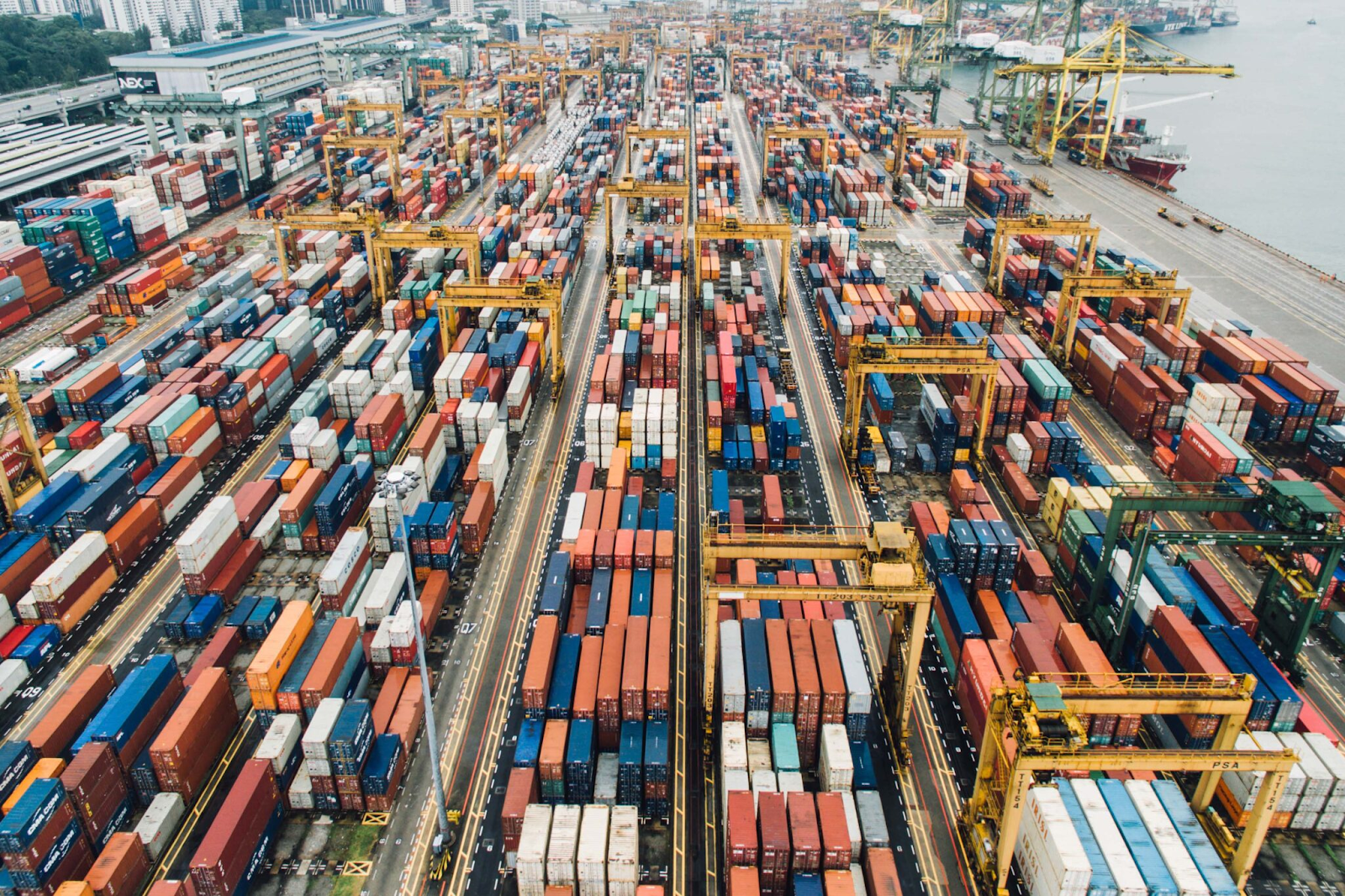It has become increasingly obvious that DOGE is Gorbachev’s glasnost (openness) reprised. Glasnost soon led to perestroika (reform) and the Soviet Union croaked. DOGE will play a key role in dismantling the Deep State. We’ve lost count of how many decades former congressman Ron Paul has called for auditing the bankers’ plaything, the Federal Reserve System and its 400+ PhD economists. Or more recently, when senators Sanders and Grassley teamed to demand a Pentagon audit. Not only will DOGE audit the Fed and get to the bottom of the Pentagon’s missing trillions, but the entire federal leviathan is undergoing a full MRI scan. We know the diagnosis: Stage 4 metastatic cancer throughout the system. Drs. Musk and Trump have already indicated some of the initial body parts needing surgical intervention, starting with USAID, the CIA’s cover vehicle for adventures such as Victoria Nuland’s regime change fiascos or propaganda initiatives, at home and abroad.
Once DOGE’s results are made public, and crowdsourcing digests the mass of data posted online, the verdict will come into focus. Entire agencies will no longer exist and those surviving will be substantially curtailed. Individuals will be exposed and some may face prosecution.
Trump’s second term lasts 208 weeks. In just two weeks DOGE’s initial progress has been encouraging. The timeline for DOGE’s completion is July 4, 2026, 530 days from the inauguration. In its first two weeks (2.6% of the way to the deadline) Washington’s status quo brigades mounted resistance to allowing DOGE auditors access to records. Trump responded with the same treatment Colombia’s president Gustavo Petro received. He swiftly came down hard on both to make examples of them lest others consider blocking his reforms. USAID officials are now suspended, its headquarters doors are closed, and its website is offline. According to Musk, “USAID is a criminal organization. Time for it to die.” According to Trump, USAID is “run by a bunch of radical lunatics” Bill Kristol is an early example of collateral damage. Why USAID funded gain-of-function research needs explaining.
DOGE auditors won’t randomly proceed through thousands of federal agencies and subagencies. The Department of Agriculture can wait, Trump has bigger targets. USAID is a big one, playing its part in the deaths of millions after the Cold War in places such as Iraq, Libya, Ukraine, Afghanistan, and Yugoslavia. HHS and its FDA and CDC will be additional piñatas. What spills out when they are smashed open will end careers, perhaps trigger prosecutions, and precipitate wholesale reforms. We know, for example, that even Obama ordered an end to reckless gain-of-function research. Yet somehow it survived and was offshored to China, Ukraine, and wherever. Following money trails reveals who did what.
DOGE progeny will inevitably appear at state and local levels. Open, online checkbooks of entities such as local boards of education will become manifest. The games citizens and journalists must play with FOIA requests to pry out spending details must end. Government spending is decipherable in databases and spreadsheets. There is no excuse (but considerable internal resistance) for not making details readily accessible to public scrutiny. Statutes require revision, including creating criminal penalties for failures to comply or concealing expenditures. Consider the entertaining drama of America’s favorite mayor, Tiffany Henyard of Dolton, Illinois. If her village’s books were maintained online, matters would never have gotten to this point.
Eliminating the need for servicing a significant portion of FOIA requests (including costs such as paying municipal attorneys to hamstring citizens’ inquiries) can yield savings. It is cheaper to take pre-existing digitized data and park it online -- permitting public access to what bureaucrats view -- rather than servicing each FOIA request.
Secrecy and concealment permit bureaucratic misbehavior. According to Musk, "Career Treasury officials are breaking the law every hour of every day by approving payments that are fraudulent or do not match the funding laws passed by Congress." His solution: blockchain, presumably to match payments with statutory and programmatic requirements. Treasury secretary Scott Bessent provided DOGE auditors access to the federal payment system. Stay tuned.
Federal Medicaid spending soared 53% in the five years ending in 2023, due in large part to illegal immigrants and probably the vaccine injured. A recent Maine report reveals up to 40% of non-citizens (illegal immigrants and legal aliens) in that state have voted (or had votes cast in their names) in recent years, determined by matching MaineCare records (requiring citizenship status and date of birth to receive healthcare) with voting records. Blockchain transaction matching protocols could eliminate such fraud. The investigative group which uncovered the Maine voting irregularities published an illuminating footnote:
Since the publication of the Maine Wire’s original investigation into noncitizen voting, we have offered the opportunity to review our underlying records in person to both Republican and Democratic elected officials. While no Democrats have accepted our offer, several Republicans have, and they can attest to the veracity and accuracy of our reporting. We have also shared redacted but sensitive versions of the records underlying this reporting with the Bangor Daily News, the Maine Monitor, WGME, and any other media outlet that has requested proof of the assertions made in our reporting. The information shared with these outlets is more than enough for them to prove for themselves that noncitizens are registered to vote in Maine.
None of these news outlets have filed reports of their own based on those records.We have taken this approach toward sharing proof of our reporting while simultaneously refusing to turn over the records to Maine’s Attorney General and Secretary of State in order to protect the identity of any source(s). We have also declined to turn over our records to agents of the state in order to protect the identities of the noncitizens who may, in fact, themselves be victims of a form of identity theft. We understand the gravity of the facts conveyed in these reports and have taken unusual and extreme measures to prove that our reporting is accurate and true.
If it’s that bad in Maine, imagine the truth regarding California. It’s straightforward to conclude where DOGEian initiatives, at all government levels, are headed. Systemic government malfeasance is rampant and bipartisan. Democrats have the most at stake. We are entering an era, lasting perhaps a decade or longer, of government austerity. Debt got us here. Democrats’ power base depends on government largesse. Think teachers unions. Or postal unions for an agency hemorrhaging $6.5 billion in 2023 and $9.5 billion last year, with no end in sight for perpetually climbing deficits. Think NGOs, money laundering operations pretending not to be government agents.
Contaminated voter rolls require pruning. Think of politicians such as Maine’s senator Susan Collins, dependent on voting shenanigans. How many governors and members of Congress required voting fraud to get elected? Don’t expect Musk to stop with forensic accounting. Voting rolls are ripe for technological rehabilitation. Remember when the Left screamed that voter ID was somehow racist? That ship has sailed. Big changes lie ahead.








